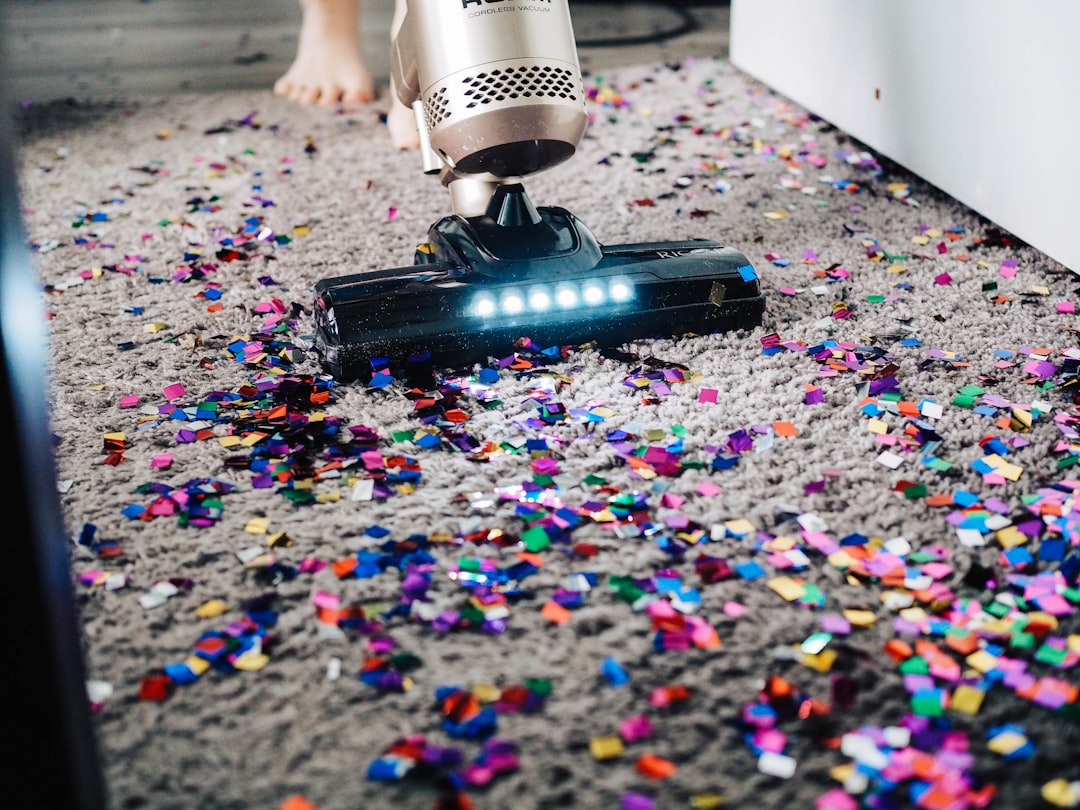Carpet Cleaner Kaiwhakapai Whāriki
Carpet cleaners clean carpets, floors and upholstery, and may dry and clean carpets after floods.
Carpet cleaners can apply to be registered with the Carpet Cleaners Association of New Zealand.
Carpet cleaners may do some or all of the following:
- discuss clients' requirements and assess what cleaning needs to be done
- choose the best cleaning methods for the job
- clean carpets, hard floors, chairs, sofas and curtains
- remove or reduce stains
- sell products for cleaning and protecting carpets and furniture
- use sprays to control pests such as fleas, cockroaches and ants.
Flood restoration technicians also:
- assess flood damage to floors and upholstery from water, mud, sewage and mould
- use specialised drying equipment such as dehumidifiers and pumps
- wash and sanitise carpets and upholstery.
Flood Restoration Technician
To become a flood restoration technician you need an Institute of Inspection Cleaning and Restoration Certification (IICRC) Water Damage Restoration Technician Certificate.
Physical Requirements
Carpet cleaners need to:
- have a good level of health and fitness
- be strong, as they lift heavy equipment
- not be allergic to the chemicals they use.
Useful Experience
Useful experience for carpet cleaners includes:
- cleaning work
- customer service.
Personal Qualities
Carpet cleaners need to be:
- able to follow instructions
- honest and reliable
- good at time management
- good communicators
- problem solvers
- not squeamish, as they may have to clean trauma scenes or body fluids such as vomit.
Skills
Carpet cleaners need to have knowledge of:
- carpets and furniture fabrics
- stain removers and other chemicals
- how to use and care for their equipment.
Conditions
Carpet cleaners:
- may work evenings, weekends and on call
- work in homes, offices and public buildings
- may work with chemicals. Flood restoration technicians work in conditions that can be dirty, wet and smelly, and need to use protective equipment such as suits and respirators
- travel locally to their clients.
Subject Recommendations
There are no specific secondary education requirements to become a carpet cleaner. However, English, maths, processing technologies, and construction and mechanical technologies are useful.
Carpet Cleaners can earn around $23-$30 per hour.
Pay for carpet cleaners varies depending on skills, experience, and the type of work they do.
- Carpet cleaners in training can expect to earn minimum wage.
- After two to three years they usually earn up to $25.
- Carpet cleaners who are qualified as carpet cleaning technicians can earn up to $30 an hour.
Carpet cleaners who run their own businesses may earn more than this, but their income depends on the success of their business.
Source: Cleaning Systems Ltd, 2018.
Carpet cleaners may progress to set up their own business, or move into managerial roles.
Carpet cleaners can specialise in a number of roles, including:
- Floor Polisher
- Floor polishers strip, clean and polish hard floors.
- Flood Restoration Technician
- Flood restoration technicians remove water from flooded carpets and upholstery, and clean and sanitise damage caused by sewage, mud and mould.
Years Of Training
<1 year of training usually required.To become a carpet cleaner, you need a full driver's licence. You may also need to pass police and medical checks, security clearances, and drug and alcohol tests.
You gain skills on the job and may complete a qualification such as a:
- Carpet Cleaning Technician Certificate from the Institute of Inspection Cleaning and Restoration Certification (IICRC)
- New Zealand Certificate in Cleaning (Level 3) Specialist Cleaning Strand from Careerforce.

 Mt Albert Grammar School
Mt Albert Grammar School